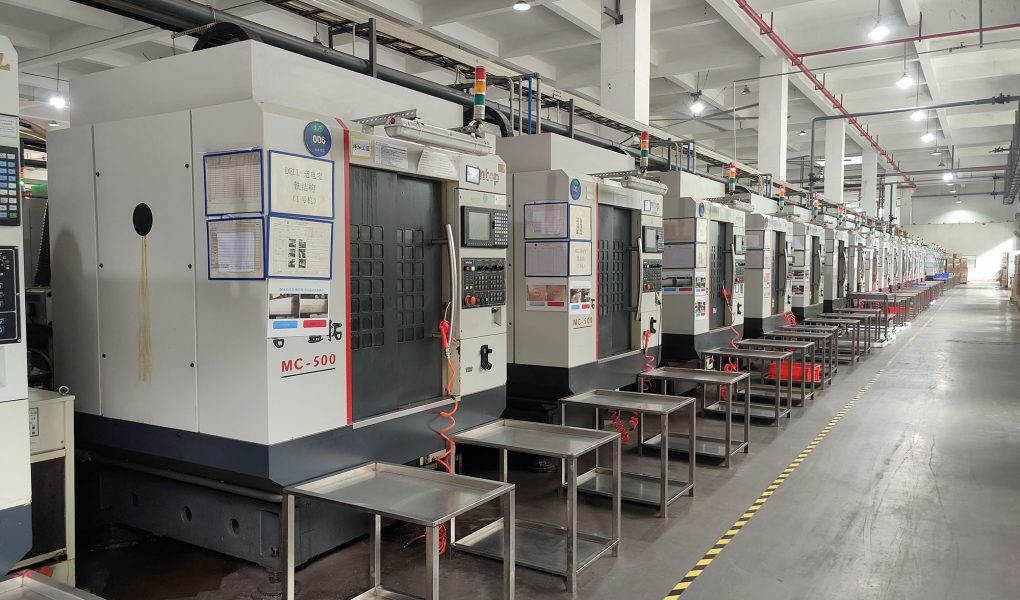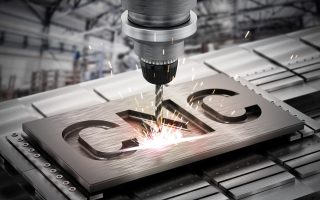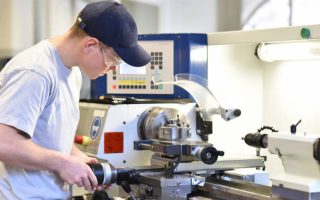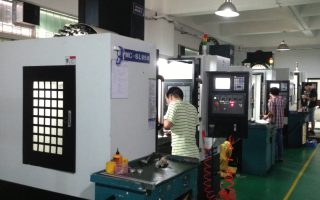
Understanding CNC Machining Costs: How Much is CNC Per Hour?
CNC machining, or Computer Numerical Control machining, is a manufacturing process that uses pre-programmed computer software to control the movement of machinery and tools. It is widely used in industries such as aerospace, automotive, medical, and consumer goods due to its precision, efficiency, and ability to handle complex designs. However, one of the most common questions asked by businesses and individuals looking to utilize CNC machining services is: “How much does CNC machining cost per hour?”
The answer to this question is not straightforward, as the cost of CNC machining per hour depends on a variety of factors, including the type of CNC machine, the complexity of the project, the materials used, and the location of the service provider. In this article, we will break down the various components that contribute to CNC machining costs and provide a comprehensive understanding of what influences the hourly rate.
Factors Influencing CNC Machining Costs
1. Type of CNC Machine
The type of CNC machine being used is one of the most significant factors affecting the hourly rate. CNC machines come in various types, each designed for specific tasks and levels of complexity. Common types include:
- 3-Axis CNC Machines: These are the most basic CNC machines, capable of moving in three directions (X, Y, and Z). They are typically used for simpler tasks and are less expensive to operate, with hourly rates ranging from $30 to $50.
- 4-Axis and 5-Axis CNC Machines: These machines offer additional axes of movement, allowing for more complex and precise machining. They are more expensive to operate, with hourly rates ranging from $50 to $150 or more.
- Lathe Machines: CNC lathes are used for turning operations and are generally less expensive than multi-axis machines, with rates around $40 to $70 per hour.
- Specialized Machines: Machines like CNC routers, plasma cutters, and waterjet cutters have their own cost structures, often ranging from $50 to $200 per hour depending on their capabilities.
2. Material Costs
The type of material being machined also plays a significant role in determining the cost. Different materials have varying levels of hardness, machinability, and cost, which can impact both the machining time and the wear and tear on the machine. Common materials include:
- Metals: Aluminum is relatively easy to machine and is less expensive, while harder metals like stainless steel, titanium, and Inconel require more time and specialized tools, increasing costs.
- Plastics: Plastics like ABS, POM, and acrylic are generally easier to machine and less expensive, but certain high-performance plastics can be more costly.
- Composites: Materials like carbon fiber and fiberglass are more challenging to machine and often require specialized equipment, leading to higher costs.
Material costs can range from a few dollars per pound for common metals and plastics to hundreds of dollars per pound for exotic materials like titanium or high-performance composites.
3. Complexity of the Design
The complexity of the design directly affects the machining time and, consequently, the cost. Simple designs with fewer features and less intricate details require less time to machine, while complex designs with tight tolerances, multiple features, and intricate geometries take longer and require more advanced equipment. Additionally, complex designs may require multiple setups, specialized tooling, and additional programming time, all of which contribute to higher costs.
4. Setup and Programming Time
Before machining can begin, the CNC machine must be set up and programmed for the specific job. This includes tasks such as creating the CAD (Computer-Aided Design) model, generating the CAM (Computer-Aided Manufacturing) program, selecting and installing the appropriate tools, and calibrating the machine. Setup and programming time can range from a few hours for simple jobs to several days for complex projects. The cost of this time is typically factored into the overall hourly rate or charged as a separate fee.
5. Labor Costs
While CNC machines are automated, they still require skilled operators to set up, monitor, and maintain the equipment. Labor costs vary depending on the location and the expertise of the operator. In regions with high labor costs, such as North America and Western Europe, hourly rates may be higher compared to regions with lower labor costs, such as Asia or Eastern Europe.
6. Overhead Costs
Overhead costs include expenses such as electricity, maintenance, tooling, software, and facility costs. These costs are typically factored into the hourly rate and can vary depending on the size and efficiency of the machining operation. For example, high-end CNC machines consume more electricity and require more expensive tooling, which can increase the overall cost.
7. Volume of Production
The volume of production can also influence the cost per hour. For small production runs or one-off prototypes, the setup and programming costs are spread over fewer parts, resulting in a higher cost per part. For large production runs, these costs are amortized over a larger number of parts, reducing the cost per part and potentially the hourly rate.
Typical CNC Machining Hourly Rates
Based on the factors discussed above, here is a general breakdown of typical CNC machining hourly rates:
- Basic 3-Axis CNC Machining: $30 to $50 per hour
- Advanced 4-Axis and 5-Axis CNC Machining: $50 to $150 per hour
- CNC Lathe Machining: $40 to $70 per hour
- Specialized CNC Machines (e.g., Waterjet, Plasma): $50 to $200 per hour
It is important to note that these rates are averages and can vary significantly depending on the location, industry, and specific requirements of the project.
How to Get an Accurate CNC Machining Quote
To get an accurate quote for CNC machining services, it is essential to provide detailed information about your project. This includes:
- CAD Files: Provide detailed CAD files that include all dimensions, tolerances, and material specifications.
- Material Requirements: Specify the type of material to be used and any special requirements (e.g., heat treatment, surface finish).
- Quantity: Indicate the number of parts required and whether it is a one-off prototype or a large production run.
- Deadline: Provide information about the required turnaround time, as rush jobs may incur additional costs.
By providing this information upfront, you can help the CNC machining service provider give you a more accurate and competitive quote.
Conclusion
The cost of CNC machining per hour is influenced by a wide range of factors, including the type of machine, material, design complexity, setup time, labor costs, and overhead expenses. While typical hourly rates range from $30 to $200, the final cost will depend on the specific requirements of your project. To ensure you get the best value for your money, it is essential to work with a reputable CNC machining service provider and provide detailed information about your project to receive an accurate quote.
If you are considering CNC machining for your next project, take the time to research and compare service providers, and don’t hesitate to ask questions to ensure you fully understand the costs involved. By doing so, you can make an informed decision and achieve the best possible results for your manufacturing needs.




